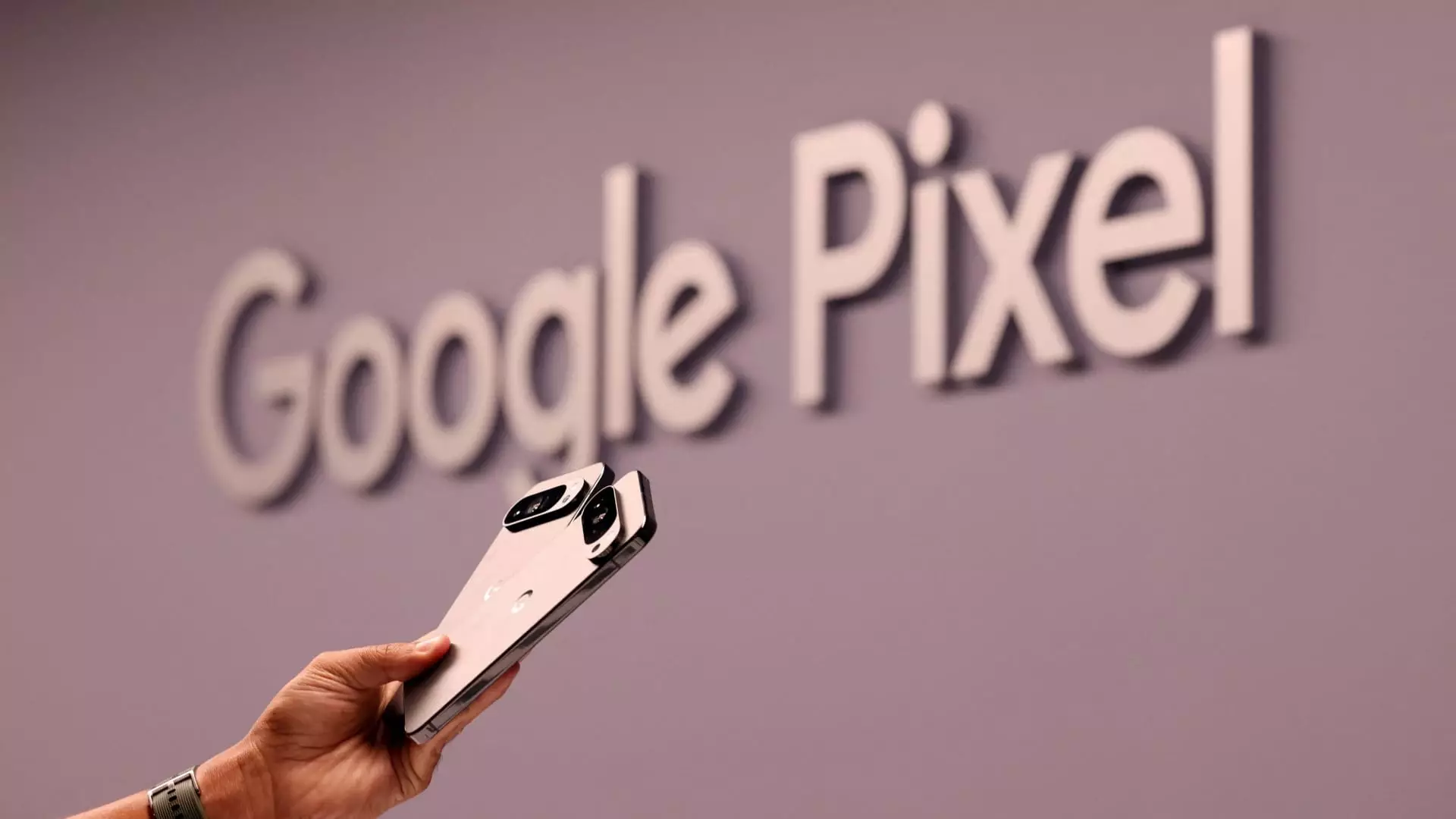Google’s recent unveiling of its Pixel 10 series, adorned with flashy artificial intelligence features, might seem like a leap forward for consumer tech. Yet, beneath this shiny veneer lies a troubling reality: these developments are less about genuine innovation and more about distracting users from Google’s core vulnerabilities. Despite bragging rights over new software capabilities like “Magic Cue” and “Camera Coach,” these are, at their heart, superficial enhancements that serve to bolster a narrative of progress while hiding the company’s deeper strategic weaknesses. The emphasis on AI-powered features feels like a desperate attempt to mask stagnant hardware sales and outdated business models, rather than a true commitment to pioneering innovative solutions.
The Mirage of AI as a Market Disruptor
Google’s aggressive push into AI, driven by its Gemini models, is positioned as a game-changer, positioning the company to compete with emerging players like OpenAI and Perplexity. However, this narrative conveniently overlooks the fact that AI alone does not guarantee market dominance or sustainable revenue. For all the hype surrounding “agentic AI” assistants capable of executing complex tasks, public adoption remains limited and the monetization models remain unproven. Google’s focus on integration within Android’s vast ecosystem appears more like an effort to cling to existing dominance than to genuinely redefine the AI landscape. The assumption that users will seamlessly migrate toward AI-enhanced devices oversimplifies the complexity of consumer behavior and privacy concerns, which Google continues to neglect.
Dependent on a Flawed Business Foundation
While Google touts the expansion of AI features across its Android ecosystem, it systematically underplays the fundamental issues plaguing its core business—its declining search engine dominance and waning ad revenue. The new AI capabilities are more of a defensive shield than a proactive growth strategy. Google’s dominant position in mobile operating systems grants it an unparalleled distribution network, yet the company’s failure to leverage this advantage into meaningful innovation leaves its AI ambitions vulnerable to competitors who are more agile and willing to take risks. The core service that built Google—search—has become increasingly obsolete as users turn to alternatives like ChatGPT, which signals that AI-driven search is not a guaranteed path to revenue growth.
The Illusion of a Consumer Tech Revolution
While industry analysts speak optimistically about the potential of AI to revolutionize smartphone use and create a “flywheel effect,” the truth remains more sobering. Android’s vast user base does provide Google with a fertile testing ground, but this does not necessarily translate into long-term loyalty or monetizable engagement. The fact that Pixel devices hold a mere 0.3% of the global smartphone market exposes how little real market share Google commands. Instead of leveraging this tiny foothold into meaningful consumer relationships, Google appears content to use its software as a means of indirect influence—hoping that licensing AI features through other manufacturers will garner wider adoption. This patchwork approach feels more like a stopgap than a strategic vision—vectoring toward a future where AI is a tool for maintaining relevance rather than pioneering a new frontier.
The Window of Opportunity or a Glass House?
With Apple faltering in its AI ambitions, Google is temporarily perched atop a precarious pedestal. Yet, this position is anything but secure. Google’s strategy hinges on leveraging Android’s reach, but the company exhibits troubling complacency, neglecting the need for genuine innovation in hardware and core services. The opportunity is real, but so is the risk that Google is merely riding a wave of luck while its competitors scramble to catch up. The broader question remains: can Google transform its AI aspirations into sustainable revenue streams, or is it doomed to remain a tech prophet that never quite delivers? The illusion of an imminent revolution is tempting, but beneath it lies a landscape riddled with unfulfilled promises and strategic vulnerabilities.


Leave a Reply